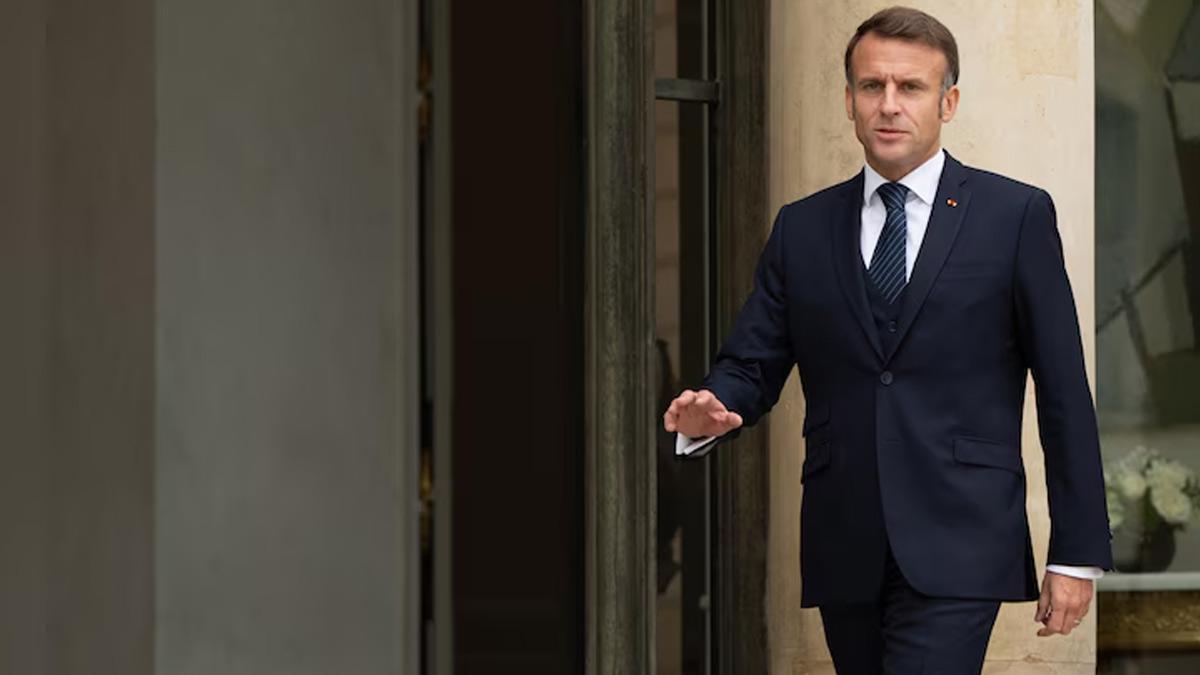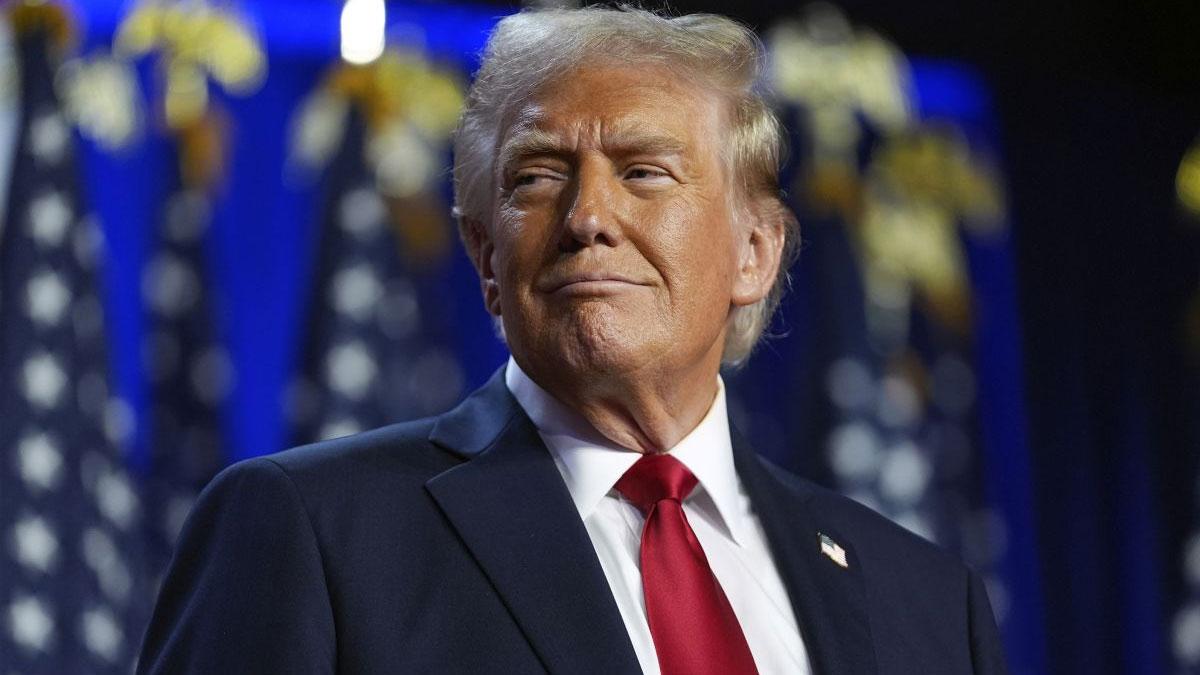The U.S. President Donald Trump declared that it is in Russia's "interest" to negotiate a settlement and put an end to its war with Ukraine, expressing his hope that President Vladimir Putin is willing to agree to an arrangement.
Speaking at a joint press conference with French President Emmanuel Macron, Trump referred to the ongoing war and the need for security guarantees in any possible agreement.
The two leaders met at the White House on the third anniversary of Russia's invasion of Ukraine in 2022. Earlier during the day, the United States differed from European allies by opposing a UN General Assembly resolution calling out Russia as the aggressor.
"It's very much to Russia's advantage to make a deal, and I think that we'll do that," Trump said in response to questioning whether he trusted Putin. Recognizing the entrenched skepticism between the two sides, he repeated the necessity of negotiations.
Trump reported that among his first telephone calls on starting his second term was to Putin, whom he feels is willing to make a deal. He pointed out that it would be in Russia's "interest to make a deal and (President Putin) to continue leading Russia in a very good way."
Further, Trump said that he expects to sign a deal with Ukraine to give the U.S. rights to rare earth minerals in return for the billions of dollars of security aid it has provided to push back against Russian aggression.
Macron, who visited Washington, D.C., after talks with European allies preparing for less U.S. backing, emphasized the necessity of strong and verifiable security assurances in any peace agreement with Russia.
"I believe it's very, very crucial to (bring) peace," Macron said in English, while conceding it was not his mother tongue. "But my key point was to say, let's see if we can have something first, which can be evaluated, checked, and verified, and let's ensure that we build enough guarantees in the short term."
He also emphasized that although most European leaders are ready to participate in the process, American support is still crucial. "This is part of the credibility of the security guarantees, and this is our collective deterrence capacity," he continued.


















